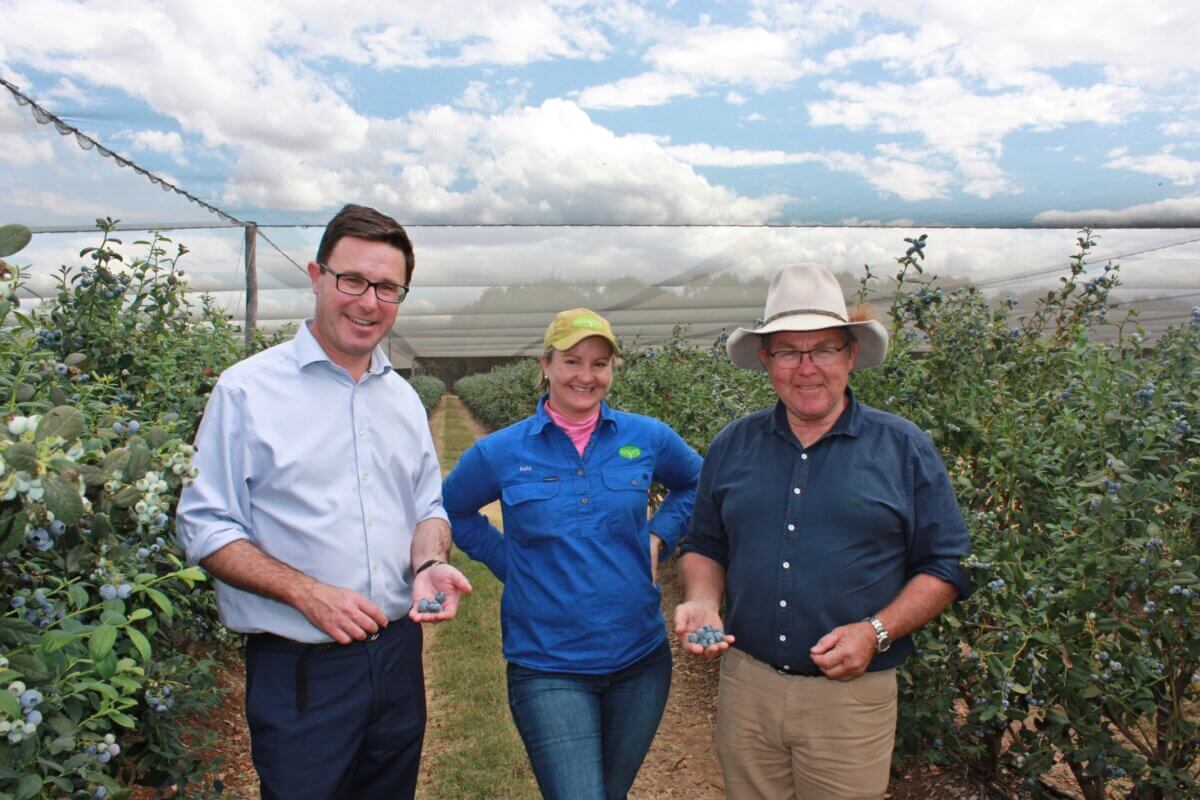Federal Member of Flynn, Colin Boyce said food prices were set to climb and cost-of-living pressures would get even harder for Central Queensland families, with Labor’s anti-farming changes to the Pacific Australia Labour Mobility (PALM) Scheme.
Under the new rules from this month, farmers will be forced to offer a minimum of 30 hours per week, over four weeks, to workers from nine Pacific Island countries and Timor-Leste. They will then be forced to offer 30 hours per week, every week, from July 1, 2024.
This is despite agriculture work being seasonal and weather dependent and short-term workers already receiving an average of 42 hours per week, making the added bureaucracy futile.
“The Nationals are deeply concerned that food prices in Central Queensland will rise even further in 2024, at a time when local families can least afford it,” Mr Boyce said.
Industry predicts there will be a 20 per cent decrease in worker numbers from July 1, on top of workers in the horticulture sector already reducing by 7.6 per cent from June to October 2023, when PALM changes were introduced. Labor has also delayed cracking down on exploitation through its National Labor Licencing Scheme. Colin Boyce said Labor’s changes were clearly unworkable.
“Labor is hindering agriculture by taking away the tools farmers need in Central Queensland to grow the nation’s food and fibre. It shows Labor is completely out of touch with the industry.
“Labor does not understand the agriculture sector, while continuing to ignore the pleas from other Association of Southeast Asian Nations (ASEAN) to send workers to Central Queensland under the Agriculture Visa, which Labor scrapped.”
Australia’s top peak food industry bodies previously warned that agriculture required an additional 172,000 workers, yet only around 16,000 PALM workers have come in since Labor got into office.
“The PALM Scheme has the potential of just 42,000 workers and is now even more unattractive for farmers to sign up to. The result will be farmers will choose to plant less and that means families in Central Queensland will pay more.”







